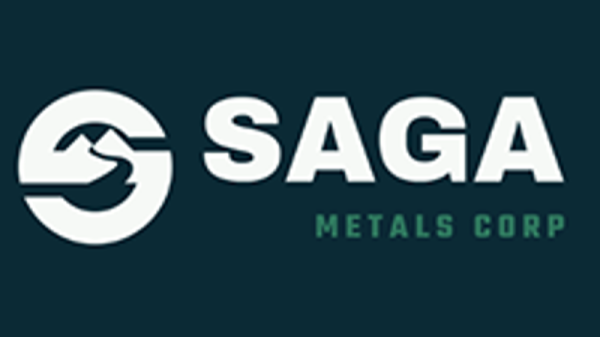The Palestinian prisoners on Israel’s list for potential release have been held in captivity for a variety of reasons relating to the Palestinian-Israeli conflict. Many of these individuals have been convicted of charges related to terrorism which were formed as a result of their perceived participation in terrorist activities. The truth is, not all of the prisoners on the list are necessarily guilty of committing acts of terrorism. Some are being held for political reasons which could include being vocal supporters of Palestinian rights, or for their refusal to recognize or cooperate with the Israeli government.
It is important to note that many of these individuals have been held in captivity for longer than the length of their sentence, sometimes for extended periods of years. In many cases, this is due to the fact that the prisoner cannot be released until certain demands are met. This can include their full cooperation in the peace process, or the prisoner could be serving as a leverage for a hostage exchange agreement. It is uncertain of how long those on the potential release list must endure the current level of captivity.
Many of the prisoners on the Israel release list are affected by the long-term effects of being held in captivity, and as a result, are unable to resume their normal lives. This can include psychological effects such as depression and trauma. Additionally, those who have been held for extended periods are at risk of developing physical illnesses. This has been seen in Palestine, where those who were held for long periods of time in Israeli prisons have suffered from chronic health issues.
Although the status of the Palestinian prisoners remains uncertain, the potential release list serves as an important reminder that many of these individuals have been unjustly detained and robbed of their freedom. This list serves as a reminder of the injustice that persists in Israel and highlights the need for a lasting peace agreement that takes Palestinians rights into account.




























